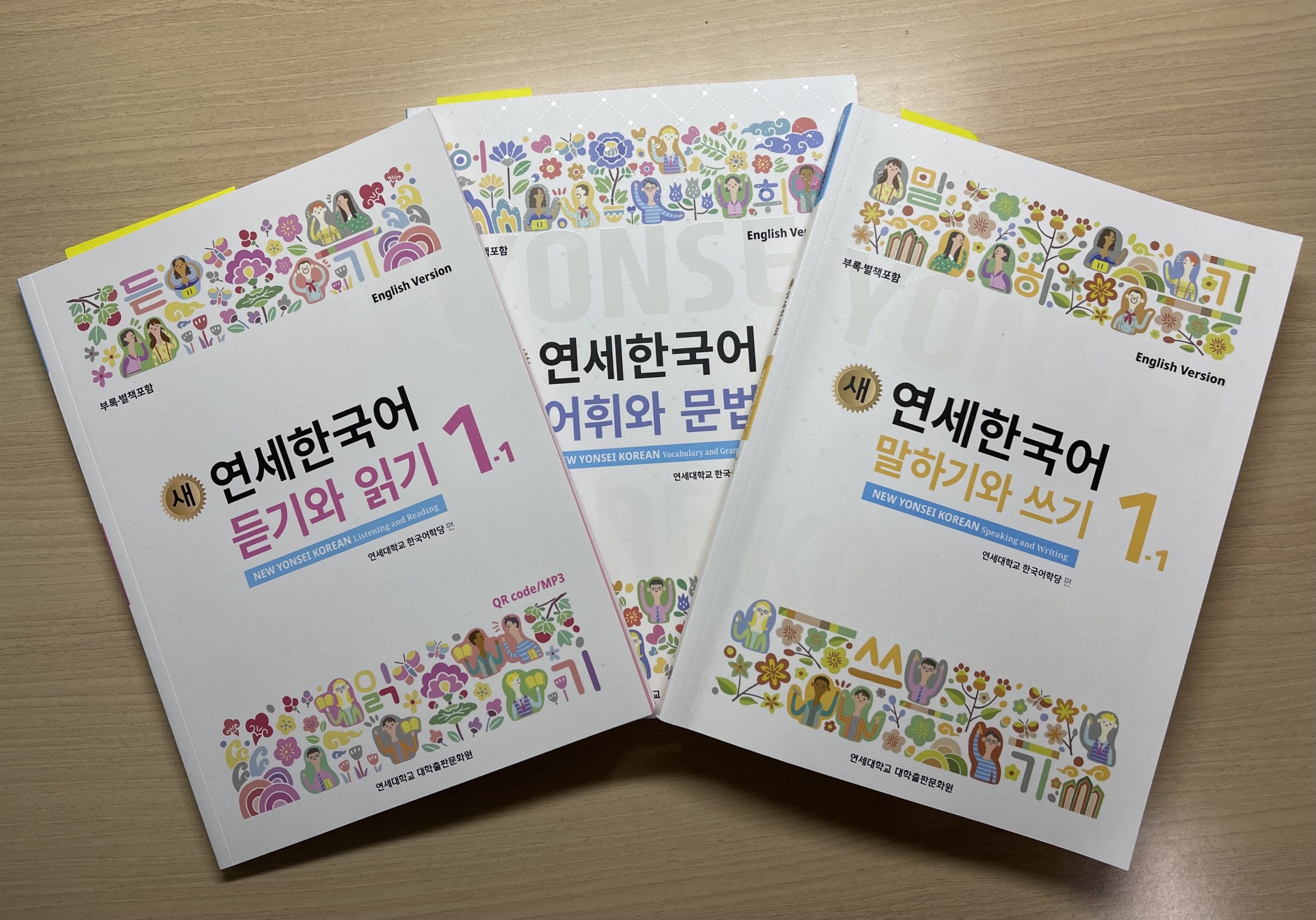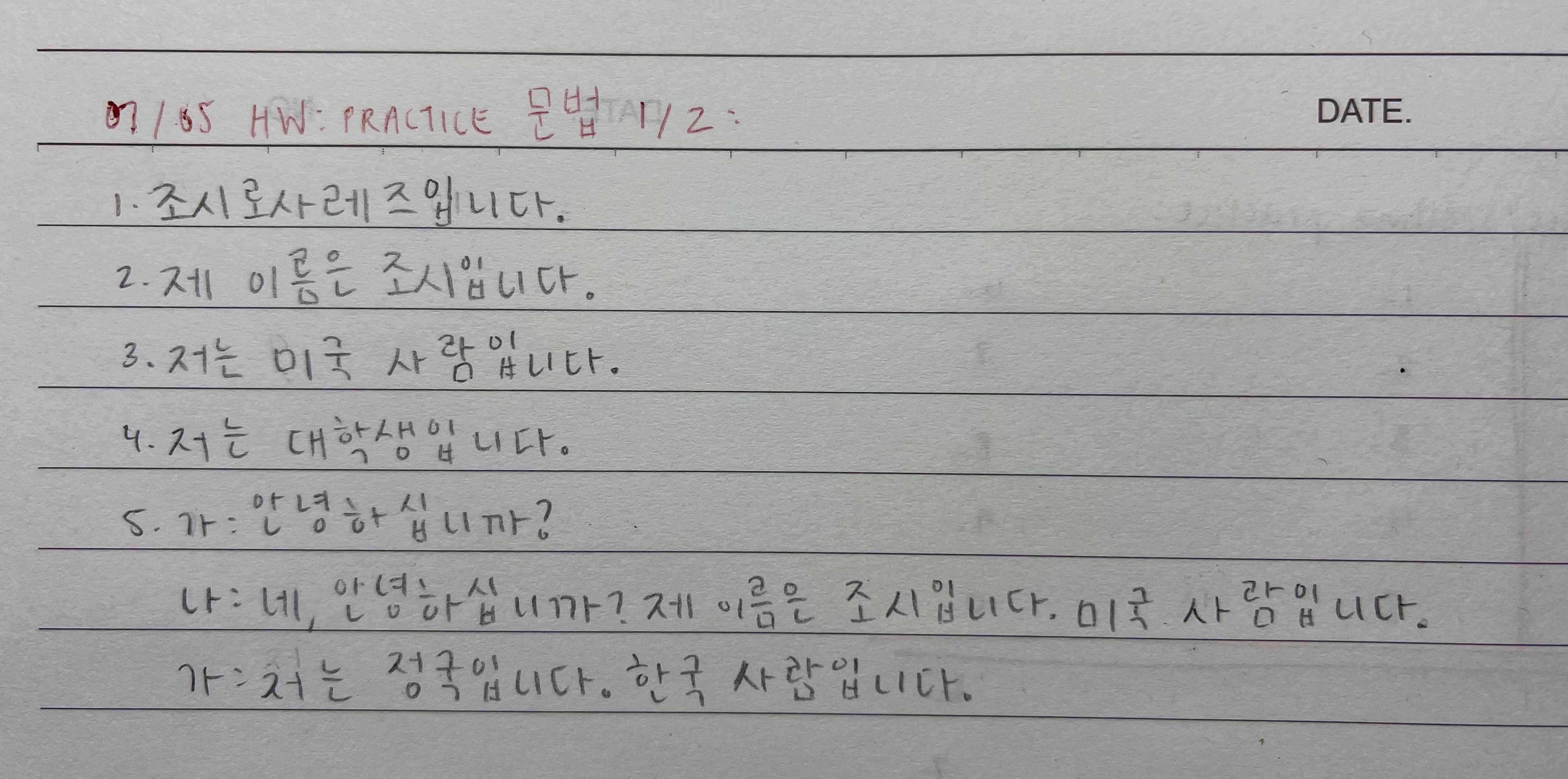
The Struggles of an Exchange Student: Yonsei University Edition
The first week out of quarantine was blissful. I finally met some of the students who were in the same program, I got acquainted with the fast-paced life in Seoul, and I was exploring Seoul without worrying about homework. Sadly, the carefree life ended once classes started on June 29. That is not to say that I have completely stopped exploring just because I am in classes, rather it means that my travels are limited. You see, part of being an exchange student is finding a balance between school work and exploring. The way I think of this is “do I want to remember my experience abroad as solely doing homework, or do I want to remember both travels and maybe some school work?” I would say the latter.
For the next 6 weeks, I will be enrolled in Yonsei International Summer School, and I will be taking a course called “Korean Popular Culture and the Korean Wave” and Beginner Level I Korean. Because of my interest in Korean pop music and Korean dramas, after I heard about the first course, I knew I had to take it. And indeed, after reading over our syllabus which contained a week dedicated to the BTS phenomenon and watching my favorite Korean drama as homework, I was absolutely ecstatic about the course. The language class was also something I knew I wanted to take if given the opportunity to come to Korea. I had always wanted to take Korean language classes at my home university, but because I was already taking intensive Japanese classes, I did not have the time. It was going to be a challenge to come to a country without knowledge of their language—and it still is—but I also welcome the challenge as someone who loves learning about cultures and languages.
While I have adjusted fairly well to my classes, I have noticed some differences with my home university, particularly in the language class. Even though I have taken fast-paced, intensive Japanese classes for the past two years, the Korean class I am currently enrolled in is different. Whereas in my Japanese class we would have spent a couple of days on newly learned grammar, this Korean course allots just one day with minimal review the following day. I understand this is due to the shorted course schedule (6 weeks versus an entire semester), but it has not been easy. One thing I am grateful for is my knowledge of Japanese because it allows me to transfer certain grammar points or reasoning to Korean. I notice other students struggle in understanding why particles (for example) are needed, and I remember being in their place 2 years ago with Japanese. Nonetheless, while it is fast-paced, I have the advantage of being immersed in the culture and hearing the language all around me—and I love that.
One of my goals for this program was to be able to communicate in Korean for at least 10 minutes. When I wrote that it seemed like such an impossible task, but now I can introduce myself, point to things, and make simple sentences. Suddenly that goal does not seem as scary.

